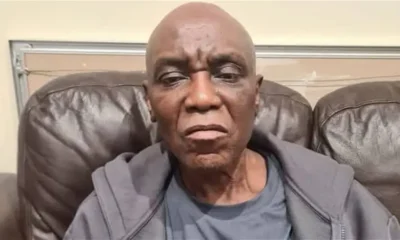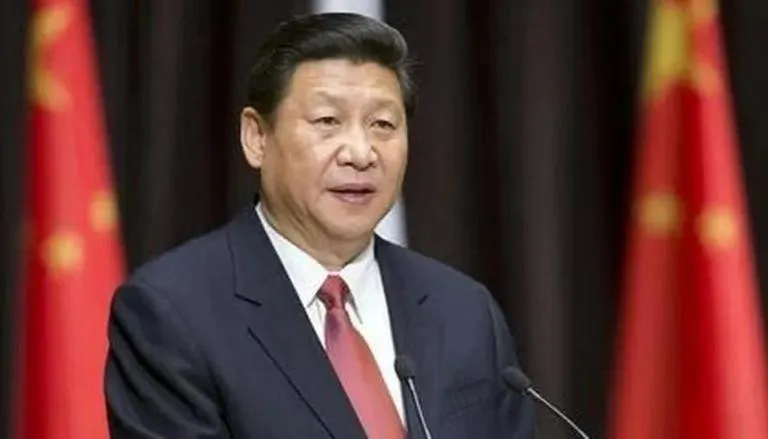London-based Nigerian, Adeyinka Shoyemi, the acclaimed President of the Young Yoruba for Freedom (YYF), will be cooling his heels in a London prison as he has been sentenced to four and a half years’ imprisonment for posting messages on social media encouraging violence in Nigeria.
Shoyemi was first arrested in August 2019 after members of the public raised concerns to the police about social media posts that contained comments aimed at particular ethnic groups based in Nigeria.
Shoyemi in his many social media posts, some of which africanewswatch.com confirmed online, especially on YouTube had declared that the Nigerian government must return “to true and fiscal federalism that is based on regional autonomy on or before the election.”
Another source quoted him saying “The Young Yorubas for Freedom will declare for Oduduwa Republic and start a war with the use of chemical, biological, and even radiological weapons against the Federal Government of Nigeria if its President orders an attack on the sovereignty of the Yoruba people whenever we declare for the Oduduwa Republic.
“The days our parents were protesting with their fists in the face of armoured tanks and being killed, arrested, imprisoned, and exiled by the Hausa/Fulani are over. Our generation has learned from their mistakes. It is Oduduwa Republic or organized violence.” The source concluded.
The Met’s Counter Terrorism Command arrested the Yoruba agitator after his social media account, Adeyinka Grandson, was traced to him. He was found guilty on 30 November 2021 of eight counts of inciting racial hatred after a trial at Southwark Crown Court.
Nigeria has had a number of separatist agendas spring up since her political independence in 1960, but the cry for self-determination amongst various ethnic-based groups has been more amplified in the heterogeneous West African country since the current President Muhamadu Buhari came into power in 2015. From Sunday Igboho led Yoruba-Nation agenda to Nnamdi Kanu’s adventures with The Indigenous People of Biafra (IPOB), one thing is sure, the peculiar plural nature of the Nigerian state must be better managed.

 Sports2 days ago
Sports2 days ago
 Metro2 days ago
Metro2 days ago
 Metro1 day ago
Metro1 day ago
 Culture2 days ago
Culture2 days ago



































